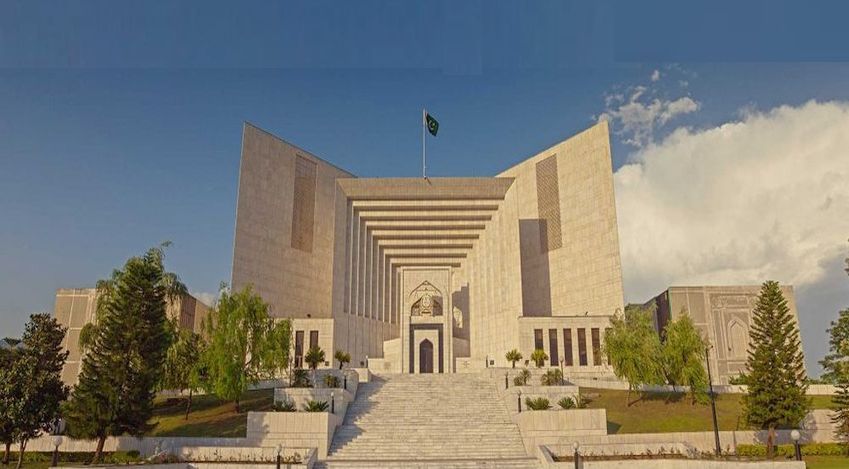Supreme Court Dismisses Petition in Cyber Harassment Case, Upholds Lower Courts' Decisions
Islamabad 24-06-2024: The Supreme Court of Pakistan has dismissed a petition [Crl. PLA 128-2024] filed by petitioner, challenging the deletion of charges under the Electronic Transactions Ordinance (ETO) 2002 and the Prevention of Electronic Crimes Act (PECA) 2016 against Muhammad Zain-ul-Abideen Sagheer in a Cyber-Harassment Case.
The case originated from an FIR registered by the Federal Investigation Agency (FIA) based on a complaint lodged by petitioner, who alleged that Sagheer had been harassing, threatening, and blackmailing her with her personal pictures, demanding money to maintain her dignity. The initial charges included sections 36 and 37 of ETO 2002, along with sections 500, 506, and 509 of the Pakistan Penal Code (PPC).
The Prevention of Electronic Crimes Court (PECC) reviewed the case and concluded that the charges under sections 36 and 37 of ETO 2002 were not applicable as Sagheer had not gained unauthorized access to any information system or committed any related offenses. Consequently, PECC transferred the case to a Court of competent jurisdiction.
The petitioner appealed this decision in the Islamabad High Court, which directed the PECC to reconsider the charges. However, the PECC reaffirmed its initial ruling, stating that sections 36 and 37 of ETO 2002, as well as sections 20, 21, and 24 of PECA 2016, were not applicable since PECA 2016 was not in effect at the time of the alleged offenses.
Upon further appeal to the Supreme Court, the Apex Court upheld the decisions of the Lower Courts. Mr. Justice Naeem Akhtar Afghan, delivering the judgment, emphasized that the alleged offenses occurred before the promulgation of PECA 2016, and thus, could not attract retrospective punishment under Article 12 of the Constitution of Pakistan.
The Supreme Court concluded that the Lower Courts had acted correctly in rejecting the application to alter the charges against Sagheer. The petition for leave to appeal was subsequently dismissed, solidifying the legal standpoint on the inapplicability of ETO 2002 and PECA 2016 in this case.
Powered by Froala Editor








